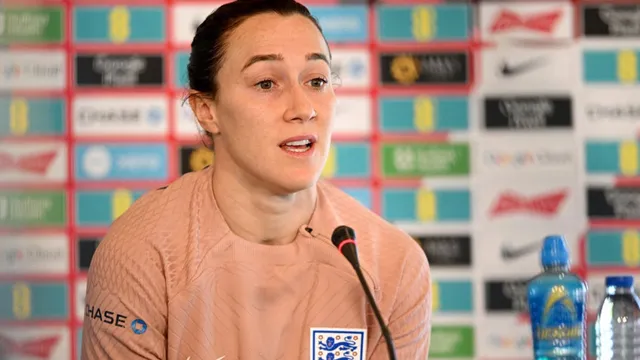
Luis Rubiales guilty of sexual assault and fined for non-consensual kiss
2025-02-23 01:06- Luis Rubiales received a 10,800 euro fine after being found guilty of sexually assaulting Jenni Hermoso.
- The incident occurred after Spain's women's team won the World Cup in September 2023, causing a public outcry.
- The ruling signifies ongoing efforts for justice in the face of misconduct within sports and has broader implications for player rights.
Express your sentiment!
Insights
In Spain, the case involving Luis Rubiales, the former president of the Spanish football federation, concluded recently when a Madrid court found him guilty of sexually assaulting player Jenni Hermoso. This judgment came after Rubiales forcibly kissed Hermoso following Spain’s victory in the women's World Cup in September 2023. The court imposed a fine of 10,800 euros, liberating Rubiales from a prison sentence. The incident had caused a significant uproar, overshadowing Spain’s World Cup triumph. Jenni Hermoso expressed that their fight for justice was now over and that this verdict set an important precedent for future cases involving similar incidents of misconduct in sports and beyond. The aftermath of the ruling also saw support from fellow athletes, particularly from England defender Lucy Bronze, who commended the bravery that Hermoso and other Spain players displayed during this challenging ordeal. She emphasized the importance of player safety and acknowledged the pressures players face as the women's game gains more visibility. The support from both the women's football community and the general public highlighted a growing awareness and intolerance towards instances of disrespect and abuse in sports. Despite Rubiales’ decision to appeal the ruling, the impact on women's football and its legal framework is undeniable. Hermoso's statement emphasized gratitude to those who fought alongside her in the legal struggle, stressing that the ruling offered hope and highlighted existing societal issues that need to be addressed comprehensively. This case not only focused on personal violation but has broader implications for gender equality and player rights in sports. Moving forward, the case spotlights systemic issues within sports federations and sets the stage for important conversations around player protections. The judgement exemplifies how athletes are increasingly willing to challenge established norms and fight for their rights, paving the way for change in the culture surrounding women's sports, which is still contending with biases and discrimination.
Contexts
The impact of the Rubiales case on women's sports is a multifaceted issue that has generated significant discourse within athletic communities and beyond. The incident, which involved controversial actions and comments by Luis Rubiales, the former president of the Royal Spanish Football Federation, highlighted long-standing issues of gender inequality and misconduct in sports. The case has catalyzed discussions about the treatment of female athletes, pushing organizations to re-evaluate their policies and practices in order to foster a safer and more inclusive environment. As societal awareness increases, women's sports are beginning to receive the attention and respect they deserve, but not without challenges and resistance. One of the immediate consequences of the Rubiales case has been the mobilization of advocacy groups and female athletes who have raised their voices against inappropriate behavior and sexism in sports. This collective action has led to a greater emphasis on creating supportive structures within sports organizations, focusing on safeguarding female athletes from harassment and discrimination. The case has prompted various governing bodies and institutions to implement stricter codes of conduct and to establish reporting mechanisms that empower women to speak out against misconduct without fear of retaliation. Public opinion is shifting, creating a more receptive atmosphere for addressing gender-based issues in sports. Furthermore, the Rubiales case has prompted a broader investigation into the culture of women's sports, examining the dynamics of power and the inclusion of women in leadership positions within sporting organizations. Increasing representation of women in leadership roles is seen as essential for driving substantive change. Numerous campaigns and initiatives have emerged to promote female leadership and influence in sports, advocating for equal pay, media representation, and investment in women's sports. As historical disparities are addressed, the potential growth of women's sports as a commercially viable segment is becoming increasingly apparent, with more sponsors and media coverage being directed towards women's events. In conclusion, the fallout from the Rubiales case illustrates a pivotal moment for women's sports, one that signals both growing recognition of the importance of gender equality and the necessity of systemic change. While challenges remain, the increased advocacy and awareness following the incident may ultimately lead to a stronger, more equitable sporting environment for women. The legacy of this case lies not only in its immediate repercussions but also in the opportunity it presents for sustainable transformation within women's sports, paving the way for future generations of female athletes to thrive and excel.